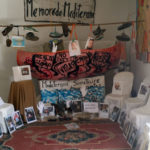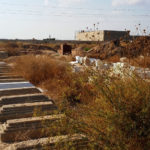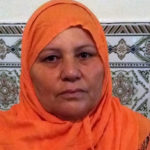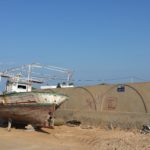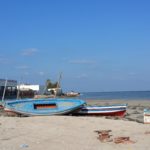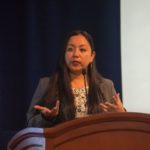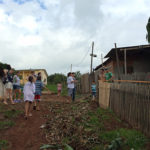Grand Rapids: Migrant Model of Care
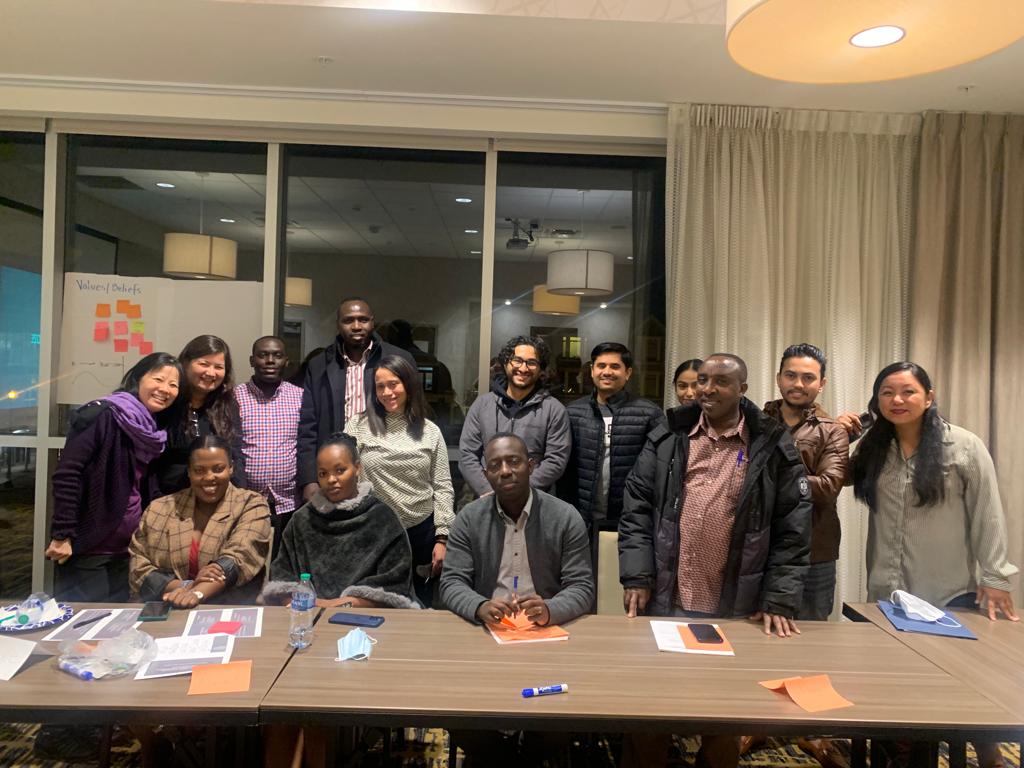
Grand Rapids Project 1: Form, function, and legitimacy of refugee-led groups
Collaborating Organizations:
Alliance alliancegr.org (Congolese)
Banyamulenge Community of Michigan (Congolese)
Bhutanese Community of Michigan
Student Researchers:
Alex Judelsohn, PhD Student in Urban Planning; graduated
Audrey Montgomery, Master of Social Work student; graduated
Irene Routté, PhD Candidate in Social Work and Anthropology
Naganika Sanga, PhD Student in Urban Planning; graduated
Jenika Scott, Master of Social Work student; graduated
Project Description:
This project examines organizational forms, functions, activities and legitimacy of refugee-led community organisations (RCOs), as they emerge out of refugee camps and places of displacement and then transition to fit into taken-for-granted organisational models in places of resettlement. Theoretically, the grassroots, cultural embeddedness and informality of RCOs are set against the bureaucratic modalities and scientific expertise of professional social services in resettlement domain and against the work-first, neoliberal or market-oriented welfare state.
This project, initiated in 2017 and currently ongoing, applies a participatory action research approach, whereby the research team works with RCOs in capacity building and professional development, and also in raising questions, design, analysis and dissemination of research.
As methods, we used multiple approaches.
First, in 2017-2019, we identified 21 migrant-led community-based organizations in the Grand Rapids area and administered an organizational survey, with 258 closed-ended questions and a series of open-ended questions. We also conducted focus groups with RCO leaders and participant observation. We examined four broad elements: activities, interorganizational (external) relations, intra-organizational (internal) processes and infrastructure.
Second, in 2020-2023 in the times of the COVID-19 pandemic, we turned data collection online to examine how RCOs adapted activities and functions for crisis response during the pandemic for reaching and serving hard-to-reach refugee communities. Specifically, we used a daily online-based survey with refugee leaders to track their activities, as well as remote interviews and participant observation.
Third, in 2024, we are beginning to design data collection for a digital project that would give narrative and visualization to the refugee journey from country of origin to third-country resettlement, focusing on systems of care, from the grassroots to the professional.
Selected References
Gonzalez Benson, O., Judelsohn, A. & Pimentel Walker, A. (In Press). Shifting Interorganizational Relations and the COVID-19 Pandemic as External Shock: An Analysis of Organizational Fields, Capital, and Habitus. Voluntas.
Gonzalez Benson, O., Yu, M. & Magan, I. (2024). Outreach work in “hard-to-reach” communities: A critical analysis of task shifting, contact making, establishing credibility and on-the-spot, solution-focused assistance. British Journal of Social Work.
Gonzalez Benson, O., Routte, I. & Yoshihama, M. (2023) Organizational legitimacy and grassroots organizations: Examining form, function and cultural vis-à-vis scientific expertise. Journal of Ethnic and Migration Studies.
Gonzalez Benson, O., Routte, I., Pimentel Walker, A., Yoshihama, M. & Kelly, A. (2022). Refugee-led organizations’ crisis response during the COVID-19 pandemic. Refuge, 38(1), 62-77.
Pimentel Walker, A., Sanga, N., Yoshihama, M., Gonzalez Benson, O. & Routte, R. (2022). Participatory Action Research in times of COVID-19: Adapting approaches with Refugee-Led Community-Based Organizations. Progress in Community Health Partnerships: Research, Education, and Action, 16(2), 69-76.
Gonzalez Benson, O. & Yoshihama, M. (2019). Post-resettlement refugee collectives: Processes of emergence. Sharing Society International Conference 2019 Proceedings. Sharing Society Project.
Other related publications:
Gonzalez Benson, O. (2022). Shadows of the Shadow State: Grassroots refugee-led organizations within a contested and multiscalar resettlement institutional domain. Environment & Planning C: Politics & Space, 40(8), 1745–1762.
Gonzalez Benson, O. & Pimentel Walker, A. (2021). Grassroots refugee organizations: In search of participatory urban governance. Journal of Urban Affairs, 43(6), 890-908.
Gonzalez Benson, O. (2020a). Refugee-run grassroots organizations: Responsive assistance beyond the constraints of U.S. resettlement policy. Journal of Refugee Studies, 34(2), 2124-2141.
Gonzalez Benson, O. (2020b). Welfare support activities of grassroots refugee-run community organizations: A reframing. Journal of Community Practice, 28(1), 1-17.
Grand Rapids Project 2: Refugee Education Pathways
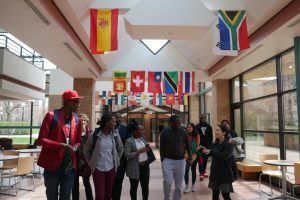 Collaborating Organizations:
Collaborating Organizations:
Banyamulenge Community of Michigan (Congolese)
[RE]vive: U-M Student Organization
U-M School of Nursing
Collaborating Faculty and Staff:
James Ellis, Research Scientist, U-M School of Social Work
Michelle Munro-Kramer, Assistant Professor, U-M School of Nursing
Jody Lori, Associate Dean for Global Affairs, U-M School of Nursing
Alain Mukwege, Research Scientist, U-M School of Nursing
Rushika Patel, DEI Director, U-M School of Nursing
Student Researchers and Student Participants:
[RE]vive student: Brooke Bacigal
[RE]vive student: Medha Krishen
Charlotte Burnett
Shih-Ya Chang
Meagan Gibeson
Neetu Rajkumar Nair
Juan Ricardo Muñoz-Ponce
Maki Usui
Project Description:
This pilot participatory action research is aimed at increasing educational opportunities for refugee youth by demystifying higher education and providing relevant information. The project also aims to develop enhanced empirical knowledge regarding refugee youth’s life trajectories and barriers to higher education, which informs collective action to enhance educational policies and programs for refugee youth.
In collaboration with community and student organizations in a midwestern U.S. city, we organized a higher education pathway program for Congolese refugee youth and community leaders aspiring to pursue higher education. Seven individuals, ranging from late teens to their 30s, attended a one-day program, with a workshop, campus tour, and meeting with university administrators, and participated, along with two others, in a Life History Calendar interview. This paper analyzes the PAR processes and interviews with participants.
In addition to individual-level factors such as limited knowledge/literacy, various structural-level factors (ie. school policies, procedures) impede education of refugee youth. Our analysis highlights the importance of the community, as source of both support and responsibility for refugee youth. Results reveal the need to educate the community about higher education, but also how community is critical to educating the university about refugee education.
Our findings offer a three-level (individual, structural, and community) framework of education pathways for resettled refugees. A critical analysis of how factors at multiple levels interact and produce unique challenges and possibilities not only furthers the field of refugee studies but also informs more holistic, sustainable policies and programs for refugee education.
Selected References
Media:
For new refugees, ‘higher education is a path to freedom’
Grand Rapids Project 3: Refugee-run organizations and Women’s Issues
Student Researcher:
Leila Asadi
Project Description:
The project interrogates how the refugee-serving institutions unfolds as site wherein gender struggles play out. We examine professional services provided by publicly-funded resettlement agencies and community assistance conducted by refugee-run organizations addressing gender and women’s issues, and to develop a more nuanced understanding of the processes and power dynamics enacted. Drawing upon intersectionality theory, we examine the process of gendering as intersected with issues of citizenship/ refugee status, as well racialization, that complicate or reinforce particular social locations in society and workplace. We investigate how refugee-serving institutions organizations enact the diverse socialization process through which gender and refugee/citizenship status play in the lives of refugee women.
Selected References
Gonzalez Benson, O., Asadi, L., Yoshihama, M. & Pimentel Walker, A. (2023). Cultural-legal brokering and gender relations: Examining refugee-serving institutions upon resettlement. International Journal of Social Welfare, 1-13.


